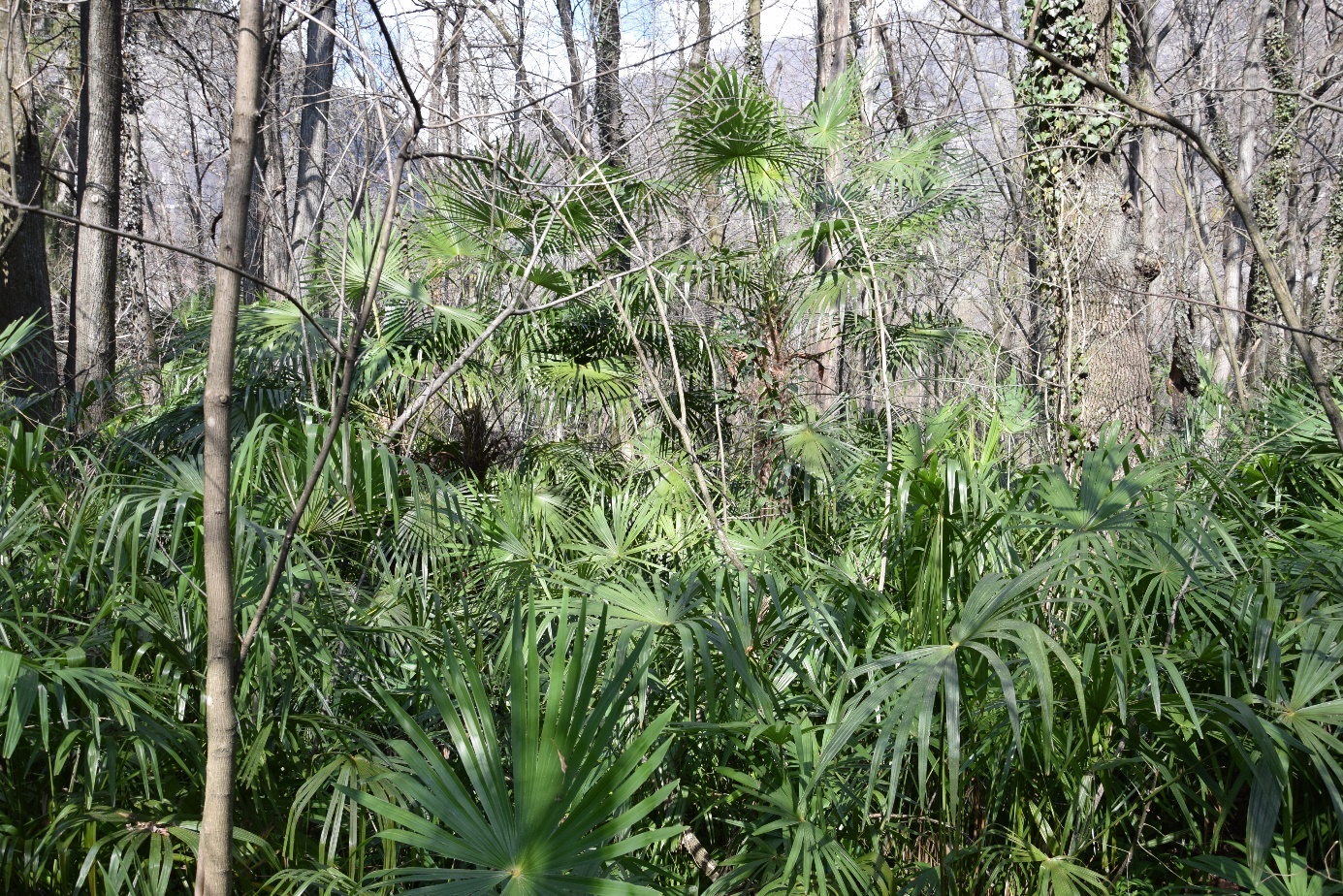Nobel chemistry prize 2024 goes to trio of protein pioneers

By Johan Ahlander, Niklas Pollard, Marie Mannes
STOCKHOLM (Reuters) -U.S. scientists David Baker and John Jumper and Briton Demis Hassabis won the 2024 Nobel Prize in Chemistry on Wednesday for work on decoding the structure of proteins and creating new ones, yielding advances in areas such as drug development.
Half the prize was awarded to Baker “for computational protein design” while the other half was shared by Hassabis and Jumper “for protein structure prediction”, said the Royal Swedish Academy of Sciences, which makes the award.
Baker, 62, is a professor at the University of Washington, in Seattle, while Hassabis, 48, is CEO of Google DeepMind, the AI research subsidiary of Google, where Jumper, 39, also works as senior research scientist.
Hassabis and Jumper utilised artificial intelligence to predict the structure of almost all known proteins, while Baker learned how to master life’s building blocks and create entirely new proteins, the award-giving body said.
“It’s totally surreal to be honest, quite overwhelming,” Hassabis told Reuters, thanking DeepMind and Google, and his colleague Jumper.
“David Baker, we’ve got to know in the last few years, and he’s done some absolutely seminal work in protein design,” he said. “So it’s really, really exciting to receive the prize with both of them.”
The award is the second this week given for work involving artificial intelligence, underscoring the growing importance of machine learning and large language models for science.
“That’s always been my passion, but … it’s like any powerful general-purpose technology, it can be used for harm as well if put in the wrong hands and used for the wrong ends,” Hassabis said.
The prize, widely regarded as among the most prestigious in the scientific world, is worth 11 million Swedish crowns ($1.1 million).
‘SPECTACULAR NEW PROTEINS’
Baker said he was sound asleep when the Royal Swedish Academy of Sciences called.
“The phone rang and they started telling me about the prize and my wife started screaming very loudly,” he told Reuters. “So it was a little chaotic at the beginning, but it was very exciting.”
Baker said his work with designing new proteins was geared towards solving problems, looking at things like global warming and new diseases.
“If we have a lot of time to wait then new proteins might evolve to solve those problems,” he said. “What we have done with protein design is to discover how to make new proteins that can solve new problems.”
In 2003, Baker was able to use amino acids, often described as life’s building blocks, to design a new protein that was unlike any existing one, the academy said.
That opened the door to the rapid creation of different proteins for uses in areas such as pharmaceuticals, vaccines, nanomaterials and even tiny sensors.
“He developed computational tools that now enable scientists to design spectacular new proteins with entirely novel shapes and functions, opening endless possibilities for the greatest benefits to humankind,” Heiner Linke, chair of the Nobel Committee for Chemistry, said of Baker’s contribution.
AI MODEL
In 2020, Hassabis and Jumper presented an AI model called AlphaFold2. With its help, they have been able to predict the structure of virtually all the 200 million proteins that researchers have identified, the academy said.
Among the scientific applications for the work, researchers can now better understand antibiotic resistance and create images of enzymes that can decompose plastic.
“We could draw a straight line from what we do to people being healthy because of what we learn about biology in the cell and everything else, and it’s just extraordinary,” Jumper, the youngest chemistry laureate for more than 70 years, told the Nobel website.
The third award to be handed out every year, the chemistry prize follows those for medicine and physics announced earlier this week.
The Nobel prizes were established in the will of dynamite inventor and wealthy businessman Alfred Nobel and are awarded to “those who, during the preceding year, shall have conferred the greatest benefit to humankind”.
First handed out in 1901, 15 years after Nobel’s death, it is awarded for achievements in medicine, physics, chemistry, literature and peace. Recipients in each category share the prize sum that has been adjusted over the years.
The economics prize is a later addition funded by the Swedish central bank.
Past winners of the prize for chemistry, a discipline close to Alfred Nobel’s heart and the most applicable to his own work as an inventor, have included scientific greats such as radioactivity pioneers Ernest Rutherford and Marie Curie.
Alongside the cash prize, the winners will be presented a medal by the Swedish king on Dec. 10, followed by a lavish banquet in Stockholm city hall. ($1 = 10.3632 Swedish crowns)
(Reporting by Johan Ahlander, Niklas Pollard, Anna Ringstrom and Marie Mannes in Stockholm and Pavithra George in Washigton D.C; additional reporting by Terje Solsvik in Oslo, Jonathan Allen in New York and Martin Coulter in London; Editing by Alex Richardson and Andrew Heavens)








